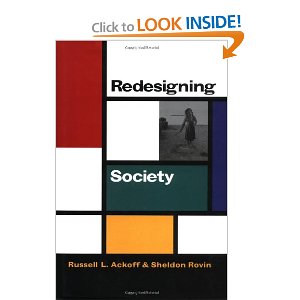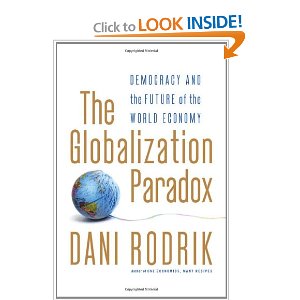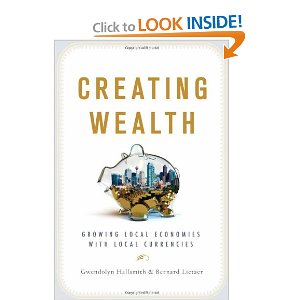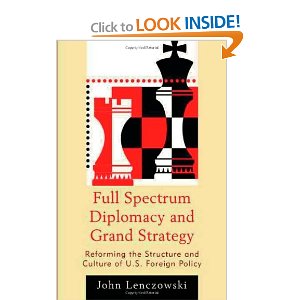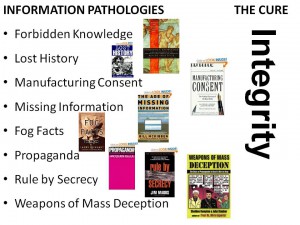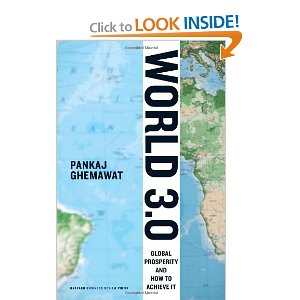
How Much Is an Earth, and Do You Have One in Extra Large?
A new book suggests that “It's the economy, stupid,” may be more than political strategy; it may also be the key to environmental sustainability. The book is Green Washed: Why We Can't Buy Our Way to a Green Planet, by Kendra Pierre-Louis. The argument developed is not just that the consumer choices of an individual won't save the planet without collective action, but also that the only collective action that will save us is abandoning the whole idea of consumer choices.
Pierre-Louis lays the groundwork for her argument by walking us through the hazards of supposedly environmental approaches to numerous fields. First is clothing, in which a big trend is toward organic cotton. While reducing pesticides is all to the good, Pierre-Louis writes, growing cotton — any cotton — is a rapid way to exhaust the earth's stores of fresh water. Among the preferable proposals the author suggests is creating or altering your own clothing so that it means more to you and you throw it away less rapidly. The low-hanging fruit in improving our clothing practices is in quantity, not quality: buy less clothing!

Next comes diet. Our poisonous farming practices are killing the Mississippi River, exhausting our underground water supplies, drying up the Colorado (on this I recommend the 3-D movie “Grand Canyon Adventure”), eradicating biodiversity, eliminating soil, and consuming fossil fuels. Genetically modified crops are outrageous failures on their own terms, resulting in increased, rather than diminished, use of pesticides and herbicides. Last week, I would add, the Obama administration approved new Monsanto corn despite 45,000 negative public comments and 23 positive, corn that will mean the widespread use of a major ingredient in Agent Orange as herbicide. According to Pierre-Louis, we cannot ethically shop our way out of this, not even by buying local, and we couldn't even if products were meaningfully labeled and the accuracy of the labeling was verified. Instead the easiest solution lies in the fact that, in the United States, we throw away 40 percent of the food we buy. Stop doing that! Start buying and using only what you need.
Continue reading “David Swanson: Recommended Book on Green Earth”

